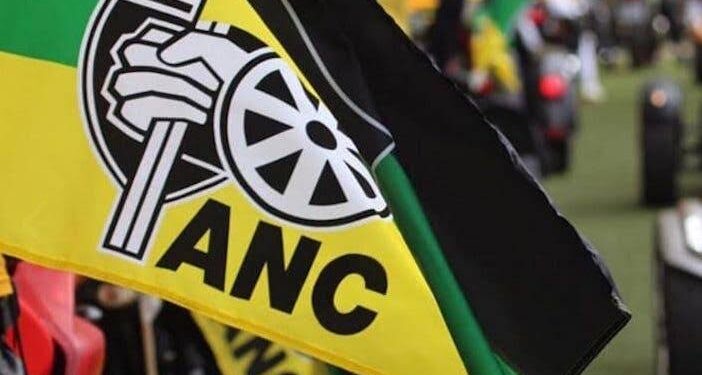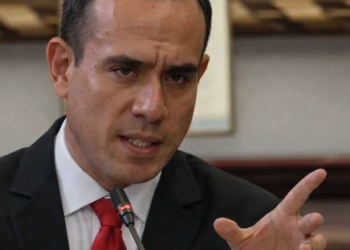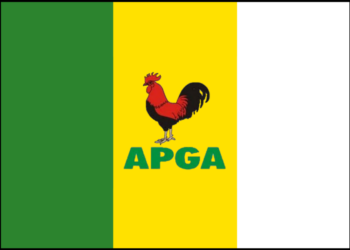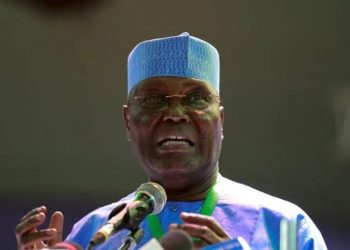In an election that could mark a turning point for South Africa, millions of citizens headed to the polls on Wednesday, driven by frustration over unemployment, crime, and rolling power blackouts. For the first time since the end of apartheid, the African National Congress (ANC) faces a real threat of losing its parliamentary majority.
The scene was electric as voters lined up in massive queues that stretched for miles, determined to have their voices heard. Chief Electoral Officer Sy Mamabolo announced that the turnout would surpass the 66% seen in 2019, highlighting the fervor among the electorate. Polling stations, set to close at 9 p.m. (1900 GMT), remained open to accommodate the influx of latecomers.
“The surge in voters is significant, especially in metropolitan areas,” Mamabolo noted, as he assured that every eligible voter would get a chance to cast their ballot.
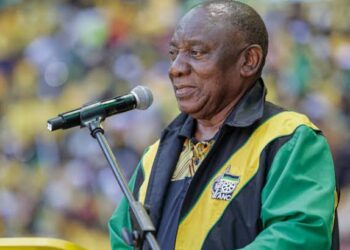
Anger and disillusionment were palpable among voters. The ANC, once celebrated for liberating South Africa from apartheid under Nelson Mandela’s leadership, now finds itself besieged by accusations of corruption and incompetence. The party’s decades-long grip on power seems to be slipping as citizens seek alternatives.
“I grew up idolizing the ANC for their role in our freedom,” said 48-year-old business owner Skhumbuzo Mnyandu from KwaMashu, near Durban. “But today, I’m casting my vote for uMkhonto we Sizwe (MK),” a new party backed by former president Jacob Zuma. For Mnyandu, the ANC’s historical legacy is no longer enough to overlook its current failings.
Yet, not everyone is ready to abandon the party. Charles Louw, a 62-year-old pensioner from Alexandra township, remains loyal. “The ANC has the experience and knows how to handle things. These new parties? Who knows where they’ll start?” Louw expressed his skepticism about the opposition’s promises to tackle crime, joblessness, and power shortages.
The ANC, which has dominated every election since 1994, now faces a tough battle. Should it fall short of the 50% mark, it will need to form a coalition with smaller parties—a scenario that introduces uncertainty in South Africa’s young democracy.
Young voters, particularly those who did not experience apartheid, are notably disenchanted with the ANC. “We have degrees, but no jobs,” lamented 28-year-old Nosipho Mkhize, highlighting the bleak economic outlook for South Africa’s youth. Mkhize’s decision to vote for MK underscores a broader sentiment of betrayal among younger generations.
This election isn’t just about choosing a new parliament and provincial assemblies in South Africa’s nine provinces. It’s about deciding the direction of the country and whether the ANC will maintain its control, with President Cyril Ramaphosa likely staying in office if his party secures the largest vote share.
More than 27 million South Africans are registered to vote at over 23,000 polling stations. While most stations opened on time, there were hiccups. Some voters were turned away for not being registered, and in Alexandra, delays marred the process due to late ballot papers.
Despite these issues, the election proceeded smoothly in most areas, according to Masego Sheburi, a senior electoral commission official.
As South Africans cast their votes in what could be the most pivotal election since apartheid, the question looms: will the ANC’s era of dominance end tonight?

